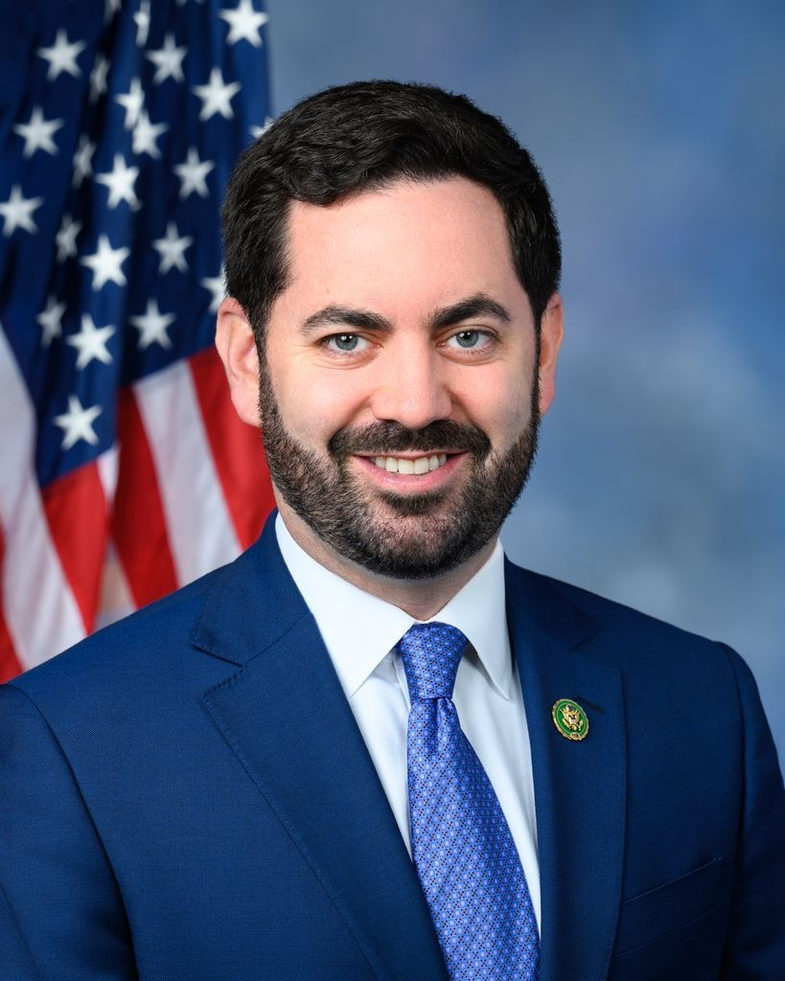H.R. 2969: Finding Opportunities for Resource Exploration Act
The Finding Opportunities for Resource Exploration Act, also known as the Finding ORE Act, is a proposed piece of legislation that aims to enhance the mapping and exploration of critical minerals and rare earth elements. Below is a summary of its key components:
Purpose
The bill allows the Secretary of the Interior to establish agreements (known as memoranda of understanding) with foreign countries that are sources of critical minerals. The goal is to conduct scientific and technical cooperation in mapping these valuable resources.
Key Definitions
- Critical Mineral: Defined by previous legislation, critical minerals are essential for various technologies and industries.
- Rare Earth Element: Includes specific elements such as cerium, neodymium, and others that are important for modern technology.
- Partner Foreign Country: A country identified as a source of critical minerals or rare earth elements.
Objectives of the Agreement
In negotiating these memoranda, the Secretary will focus on several objectives to improve the security of supply chains for these resources:
- Assist partner countries in mapping their mineral reserves.
- Provide U.S. companies and allied country companies the first opportunity to develop these resources.
- Encourage private investment in exploration and development, especially projects that will process these resources in the U.S. or allied countries.
- Protect mapping data from unauthorized entity access.
Cooperative Activities
The agreements can include a variety of collaborative efforts such as:
- Collecting and analyzing geological data.
- Assessing mineral resources and creating detailed maps.
- Collaboratively understanding and managing natural resources sustainably.
- Providing educational and capacity-building training both locally and in the U.S.
- Working with governments and companies in partner countries on environmental and workplace standards.
Congressional Oversight
The Secretary of the Interior is required to inform Congress 30 days before entering any agreements as described in the bill.
Collaboration with State Department
The Secretary must work with the Secretary of State to choose which countries to partner with and to implement the agreements.
Consultation with the Private Sector
The Secretary is also required to engage with private companies to understand how these partnerships can best facilitate their interest in critical minerals development.
Relevant Companies
- MP Materials Corp. (MP): As a major producer of rare earth materials, this company could benefit from increased sourcing opportunities and partnerships in allied foreign countries.
- Albemarle Corporation (ALB): A key player in the lithium space, which is essential for batteries and other technologies, potentially impacting their supply chain security and investment opportunities.
- Rio Tinto Group (RIO): Engaged in mining and exploration of various minerals, they may find opportunities for partnerships in the exploration of critical minerals and rare earth elements abroad.
This is an AI-generated summary of the bill text. There may be mistakes.
Sponsors
12 bill sponsors
-
TrackRobert J. Wittman

Sponsor
-
TrackKathy Castor

Co-Sponsor
-
TrackBen Cline

Co-Sponsor
-
TrackCarlos A. Gimenez

Co-Sponsor
-
TrackChrissy Houlahan

Co-Sponsor
-
TrackRaja Krishnamoorthi

Co-Sponsor
-
TrackMichael Lawler

Co-Sponsor
-
TrackKristen McDonald Rivet

Co-Sponsor
-
TrackJohn R. Moolenaar

Co-Sponsor
-
TrackHaley M. Stevens

Co-Sponsor
-
TrackRitchie Torres

Co-Sponsor
-
TrackEugene Vindman

Co-Sponsor
Actions
3 actions
| Date | Action |
|---|---|
| Feb. 17, 2026 | Referred to the Subcommittee on Energy and Mineral Resources. |
| Apr. 17, 2025 | Introduced in House |
| Apr. 17, 2025 | Referred to the House Committee on Natural Resources. |
Corporate Lobbying
0 companies lobbying
None found.
* Note that there can be significant delays in lobbying disclosures, and our data may be incomplete.








